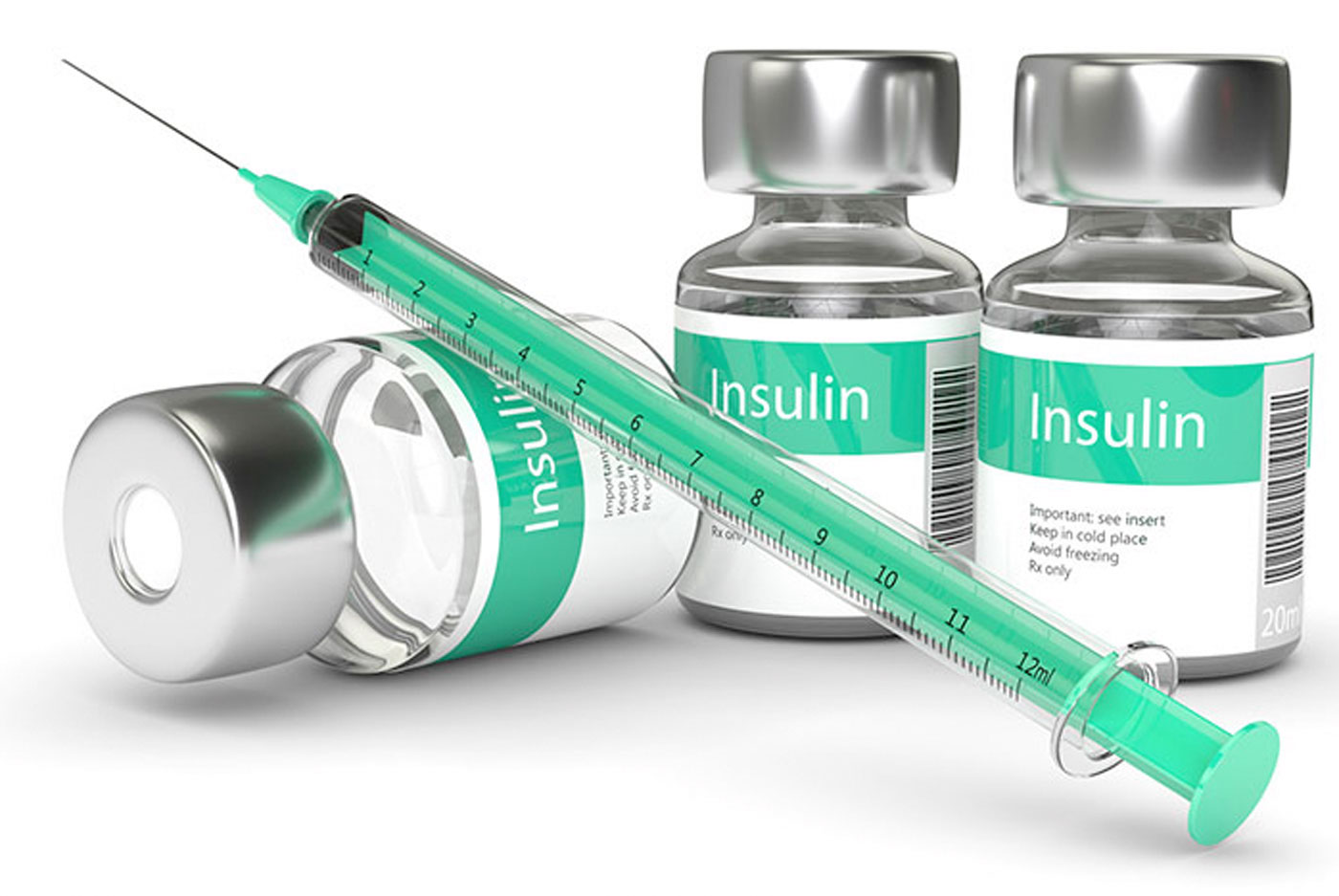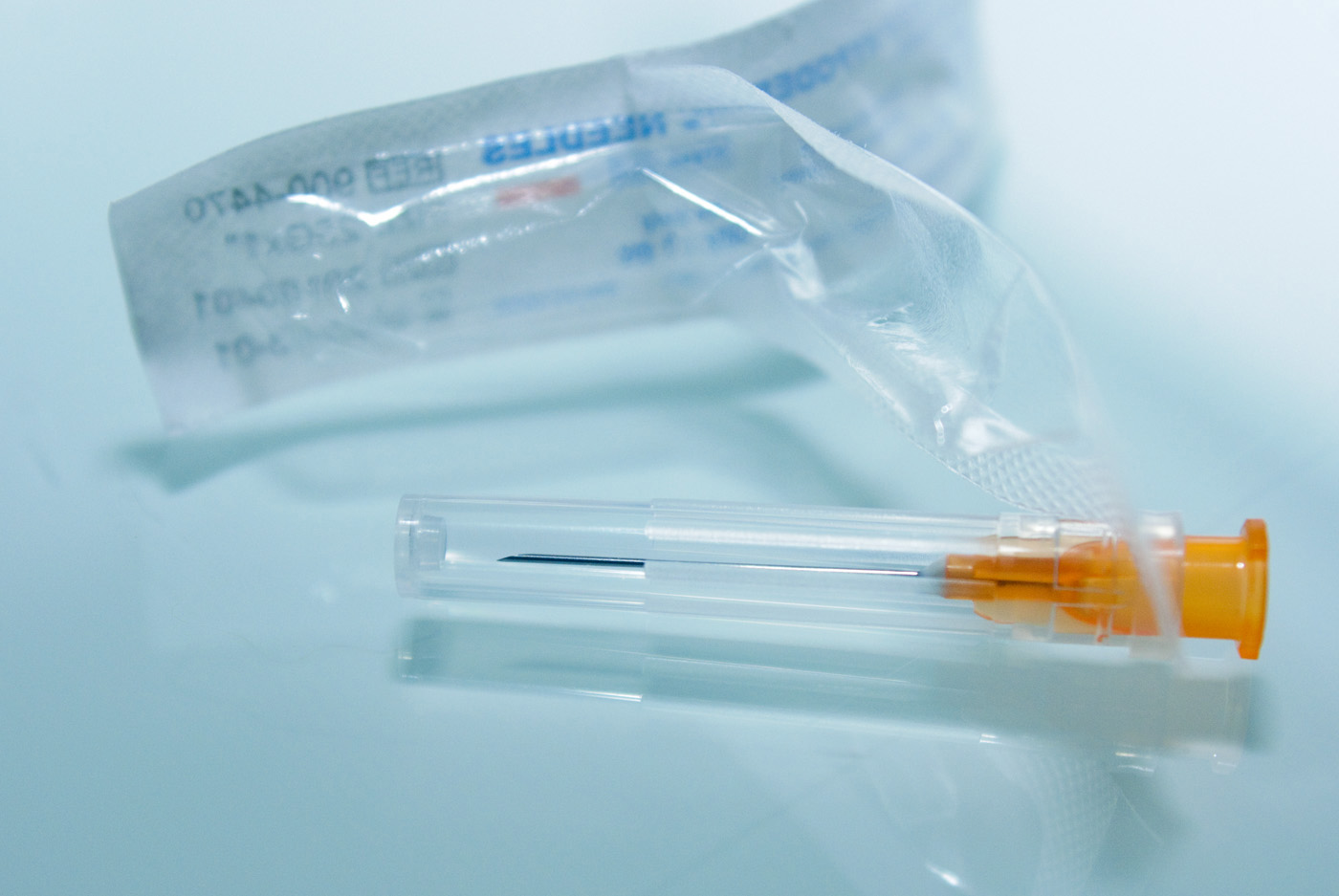What We Do - Stress Testing
& Nuclear Stress Testing MIBI

Stress tests are primarily tests to diagnose coronary disease. Patients are connected to an ECG machine and walk on a treadmill. The speed and incline of the treadmill can be gradually increased.
By observing the patient's symptoms, blood pressure, and ECG changes with exercise, we can determine the likelihood of a blocked artery.
Stress tests are also used to investigate the heart rate and blood pressure response to exercise, and look for abnormal rhythms. It can also be used to determine exercise tolerance.
A nuclear stress test is a study aimed at measuring whether the blood flow to your heart muscle is normal or abnormal. The study utilizes a radioactive tracer(Cardiolyte (Sestamibi)) to create an image of how well blood is reaching your heart muscle, both during exercise and while at rest.
The nuclear stress test is most often used to estimate the severity of any blockages that might be present due to coronary artery disease. This study is generally thought to be the most accurate non-invasive method for diagnosing coronary artery blockages.
To make the resting cardiac image, a technician will insert an intravenous line into one of your veins, and a small amount of the radioactive tracer will be injected. After about 20 minutes, you will be lying down under a gamma camera for 15 to 20 minutes while an image is made that shows how blood is being distributed to your heart muscle. While you are under the gamma camera, you will need to keep your arms up above your head, and you will have to lie still.
For the exercise study, a technician will place electrodes on your chest so that an ECG can be recorded during exercise.
You will begin walking on the treadmill at a very slow pace at first. Every three minutes the level of exercise will be increased until you become fatigued, develop symptoms, or your target heart rate is reached. When you have achieved the maximum level of exercise you are being asked to do, the radioactive tracer will be injected into your IV, and you will stop exercising. Your ECG and vital signs will be monitored throughout the exercise and recovery periods. The exercise itself usually lasts for no more than 6 to 12 minutes.
Roughly 20 to 30 minutes after you have finished exercising, you will again lie under the gamma camera for 20 minutes or so, with your arms above your head, so the exercise cardiac image can be made.
The images will be recorded by the machine for viewing later by your doctor.
Please arrive 15 minutes prior to your appointment time. Please wear comfortable clothing (short sleeve shirt), or a gown will be provided if you should so desire. There is no magnet nor dye associated with this test; people with pacemakers, ICD's or have dye allergies, may have a nuclear stress test.
An intravenous line will be placed in your hand or arm. The nuclear medicine technologist will inject a radioactive tracer through your IV. If you are or may be pregnant or are breastfeeding an infant, please call our office and speak with Triage Department before the day of your test. The stress test may be performed with either exercise on a treadmill or at rest by the use of a medication (Regadenoson). Two sets of images of your heart will be acquired. 1 prior to the exercise/medication portion, and 1 after the exercise/medication' portion.
PATIENT PREPARATION INSTRUCTIONS
- Nothing to eat for 4 hours prior to your test-
- You may drink water right up until your test time.
DIABETICS -SPECIAL INSTRUCTIONS:
- If you have diabetes; please have a light breakfast.
- Take all of your diabetes medications, including insulin, as is appropriate for your light breakfast. Above all, we want your blood sugar stable.
- No caffeine 24 hours prior to your test-
- This includes decaffeinated coffee and teas, Colas or soft drinks including those labeled "caffeine-free", all energy drinks, cocoa & chocolates.
- No aspirin products that contain caffeine.
- If you use inhalers: By all means use them the morning of the test & bring them with you
Clothing:
- Please wear comfortable, loose clothing and shoes suitable for walking. A short sleeve shirt that buttons down the front is recommended. No jewelry around the neck. No lotion on your chest.
- Some medications may need to be discontinued up to 48 hrs prior to your test:
- Please follow the instructions provided by your provider as to which medication(s) should be discontinued prior to your test.
For a more detailed description of each procedure as well as safety information, please click here
Please Note: There is a $100 fee for the returning of the isotope that will be assessed to your account if you do not arrive for your appointment on time or have not cancelled this appointment by 3pm the day before the test. Download our Info sheet.










